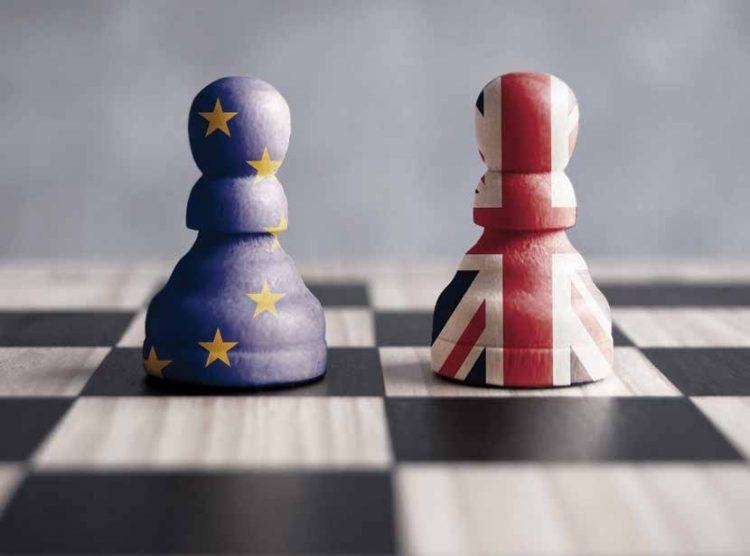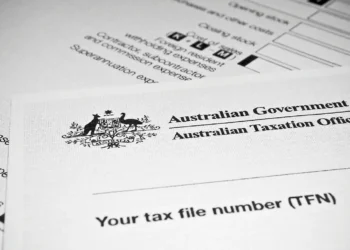In his latest column for IAG, Dr Brian To considers the potential impact of recent moves for independence within the European Union.
Professor Dr Brian To is a global strategist and senior practice professor with over six advanced degrees in business, management, policy, Chinese business and managing change. He consults to several Asian governments and militaries, Fortune 500 corporations and ultra-high net worth individuals and their familyowned businesses in Asia and North America. Brian presently coaches several country leaders, corporate CEOs and entrepreneurs focused on personal and professional effectiveness and revenue expansion strategies. He can be contacted at bto@post.harvard.edu
At a time when Brexit has created anxiety among the financial centers of Europe, the impending departure of the UK from its European relatives has also led to a maelstrom of studies focused on the financial impact of the anticipated departure, from the effects of importing cheaper food to the vanishing subsidies and increased labor costs for the agricultural and banking sectors. Both find themselves operating in a climate of fear and insecurity.
Imagine, too, the many British expatriates living and working abroad in Europe who may have to master their host nation’s language to remain there in a post-Brexit scenario. The implications are many and varied.
Yet Brexit isn’t the only looming act of separation in Europe right now. Not too far away, in Scotland, the conversation on separatism continues as the Scottish National Party has recently gained support for independence – not surprising since the Scottish Home Rule Association has been around since 1894 working on achieving Scottish home rule within the UK.
Further southeast, the Catalonia autonomous region in Spain happens to be Spain’s most economically productive region, hosting over 7,000 foreign companies. A potential withdrawal from Spain by these companies could kick-start a recession across the country that could even spread across the Eurozone very quickly.
The future is most uncertain in Catalonia as demonstrations are rapidly growing in size in its capital city of Barcelona by Catalans keen to achieve independence from Spain. Given the popularity and economic riches of the region, a departure from Spain could prove disastrous for the country and has the potential to cause instability not only in policies but in finance also. Nonetheless, more than 700 mayors of around 940 in Catalonia say they support a referendum whether legal or not.
The dissatisfaction that has shrouded recent events might have been fueled by a long recession and a property bubble that has proved to be stubborn given that the economy has mostly been lifeless since 2009. Prolonged austerity measures have been further compounded by overreaching concerns such as claims of over-taxation, use of the Catalan language and perceived lack of respect for the Catalan people and culture.
Throw into the mix the recent memory of unemployment levels close to 25% and a double dip recession that caused reduced services in both healthcare and education, meaning it hurt not only the pocketbook but was a blow to the heart as well.
It begs one key question though – like a dog chasing a car down a dusty road, what would the dog do next if it actually caught the car? Or in the case of Catalonia, what will the Catalans do next if they succeed in gaining independence?
This leads to even more uncertainty, particularly after Spain’s failed attempt to stop Catalonia’s recent referendum vote in favour of separation. The Prime Minister of Spain, Mariano Rajoy, could trigger and ultimately suspend the self-government of Catalan. Now that Catalonia has a suspended declaration of independence, what happens next?
This ability to suspend the region’s autonomy and impose direct rule for Madrid is hardly much of a prize for those Catalans who voted for independence on 1 October, endangering their lives in the process when met with truncheons and rubber bullets.
And it makes me wonder, with the UK, Scotland and Catalonia all determined to go it alone, what other potential separation attempts could be looming to cause further instability in Europe?


































